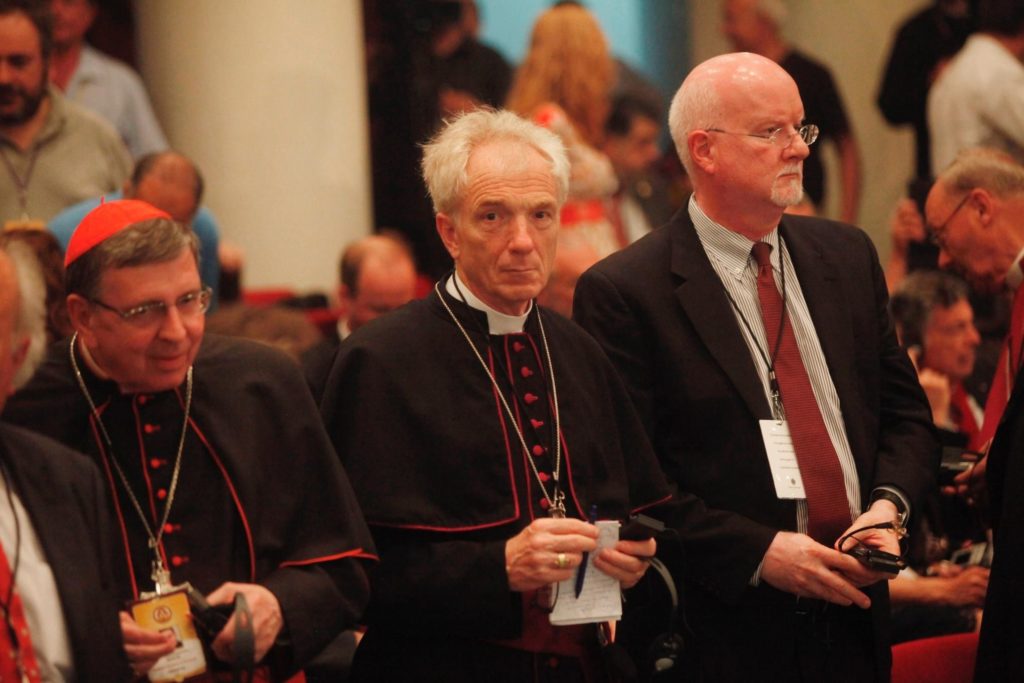The Pan-Orthodox Council on the Greek island of Crete came to a close on Saturday 25 June 2016. During the meeting, delegates from ten autocephalous Orthodox Churches discussed and approved six documents.
The paper on the relations of the Orthodox Church with the rest of the Christian world provoked a particularly lengthy debate. One of the contentious issues here was whether the non-Orthodox Churches should also be referred to as ‘Churches’.
The 15 invited observers from other Churches were admitted to the closing session of the Council. Among them were the Archbishop of Utrecht, Dr. Joris Vecammen, in his capacity as the President of the International Old Catholic Bishops’ Conference; Cardinal Kurt Koch from the Pontifical Council for Promoting Christian Unity; and Bishop Heinrich Bedford-Strohm, Chair of the Council of the Evangelical Church in Germany.
Ecumenical Patriarch Bartholomew I of Constantinople called the Council “the greatest event in the life of the Orthodox Church”. Addressing the ecumenical guests, he thanked them for attending and for their prayers. “All of us uphold the value of the dialogue with all Christian Churches,” he said.
Documents to be published
The six pre-conciliar documents, the concluding Encyclical, and the shorter “Message of the Holy and Great Council of the Orthodox Church” have yet to be published in their final versions. This is due primarily to the difficulty of translating each text into the four official Council languages of Greek, Russian, English, and French. The documents in all four languages will then also have to be signed by all of the official delegates.
The endorsed documents deal not only with internal Orthodox matters such as the Orthodox diaspora and the institution of autonomy, but also with rules on fasting and the sacrament of marriage. One paper addresses the mission of the Orthodox Church; another the relations of the Orthodox Church with the rest of the Christian world.
Nature of the Pan-Orthodox Council not compromised
After more than five decades of planning, the Council was overshadowed by the last-minute decision of four Churches not to attend. Among them was the Russian Orthodox Church, to which more than half of all Orthodox Christians in the world belong.
The Council delegates emphasised that this did not compromise the nature of the Pan-Orthodox Council. All of the four non-attending Churches had been fully involved in the preparations and the drafting of the documents discussed. Consideration was given to them during the meeting, and they were also consulted throughout, albeit inofficially.
Bern, 26 June 2016
Foto: Χρ. Μπüνης/Romfea.gr

